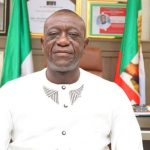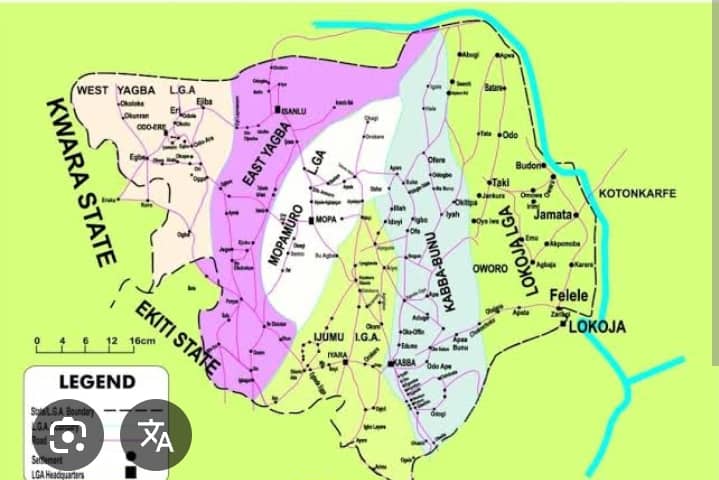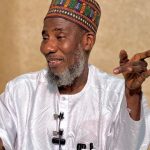The Crisis of Okun Political Disunity: Is Self-Sabotage a Curse?
Once upon a time, the Okun people were synonymous with wisdom, industry, and unity.
Their capacity for governance, administration, and technical leadership was unquestionable, making them the shining lights of the region.
Today, Okunland is tragically bedeviled by disunity and chronic disaffection. This crisis is visible not only in the dilapidated state of our infrastructure and mounting insecurity, but in the corrosive nature of our politics.
Thanks to the raw ambition of political office holders and seekers, our proud people have been reduced to grovelling sycophants.
The contrast with our neighbours is stark and painful.
The people of Kogi Central rally with a singular purpose around their own. The Igala people do the same. Yet, it is only in Okunland that we see our own sons and daughters actively struggling to outdo each other, desperately vying for attention and loyalty from external powers—powers whose primary agenda is fundamentally at odds with the aspiration for a prosperous and secure Okun destiny.
Okun people are being serially deceived to the point of collective idiocy, despite having concretely displayed their sincerity and loyalty at the ballot box.
The root of this disillusionment often traces back to a fundamental act of betrayal. In 2019, while soliciting support for his second term, the then-Governor Yahaya Bello pledged before prominent Okun elders that his successor would be one of their own. Because the Okun people are virtuous—and perhaps politically naive—our elders believed him and galvanized crucial support, securing his victory.
When the time came to honour that pledge, it was breached with utter impunity. That history is now a scar. Today, Okun people are again being coaxed into waiting until after two full terms of Alhaji Usman Ahmed Ododo before one of them can even aspire to the Governorship of Kogi State. Every discerning Okun person knows this is a convenient hoax, a long-term strategy designed to entrench a political hegemony centred in Okene in perpetuity. Worse still, even those who were previously misled as potential successors in 2023 appear to be falling for the very same ruse.
The toxicity of Okun politics is further revealed in our collective behaviour. While Igalas or Ebiras rarely attack their own when in contention with external forces, Okuns will eagerly lambast and castigate their own leaders—often for nothing more than the retention of a minor political office or temporary economic survival.
Furthermore, Kogi West has seemingly become the political laboratory for weird experiments conducted by those who cannot even determine the senator of their own districts.
For how long can the Okun people continue with this deplorable attitude, hoping for progress and development that requires unity and resolve?
The question that must be confronted is not whether Okun people are cursed, but rather: Are Okun choosing to curse ourselves with disunity, political blindness, and an enduring lack of self-respect? The answer lies not in destiny, but in a radical shift towards principled unity and a clear-eyed demand for what is rightfully theirs.
Ponle Adeniyi ponleadeniyi457@gmail.com










